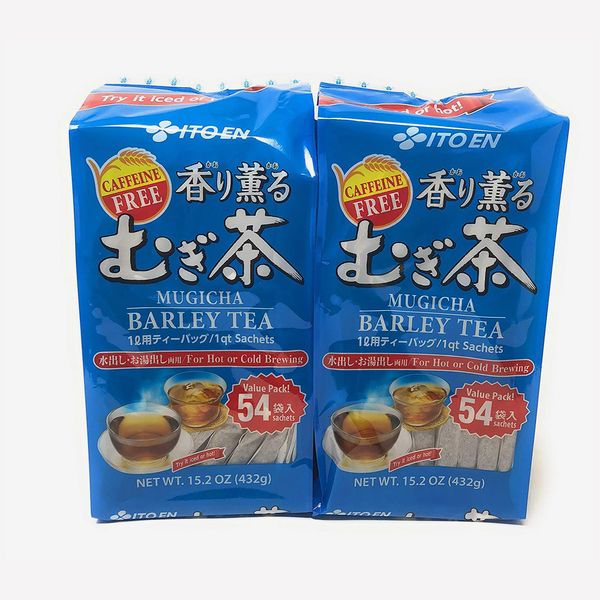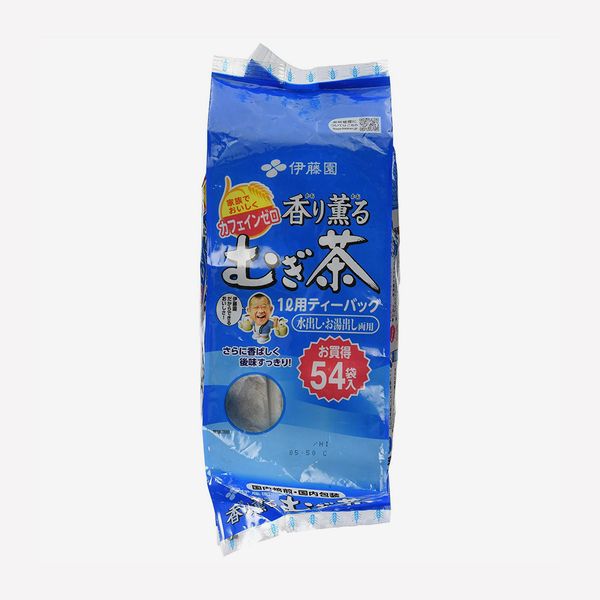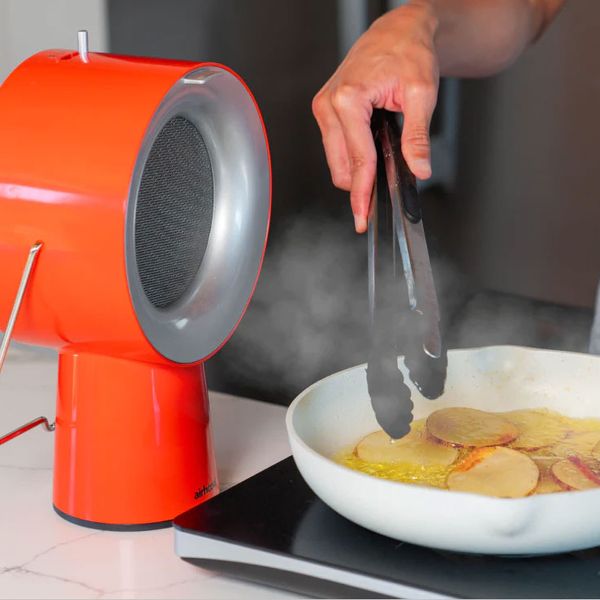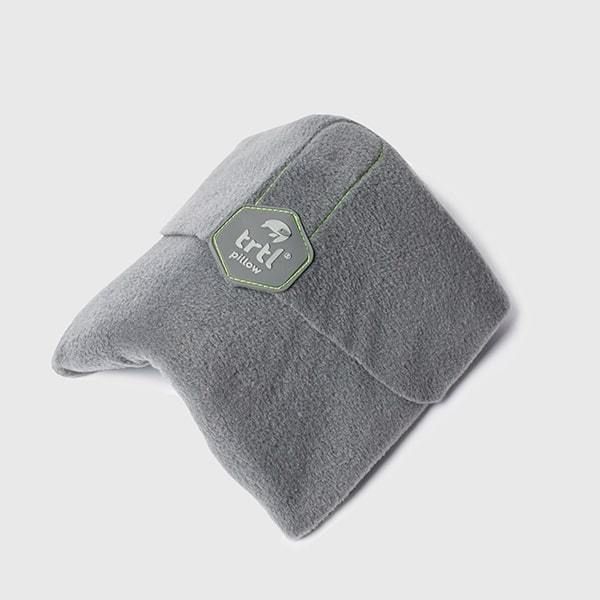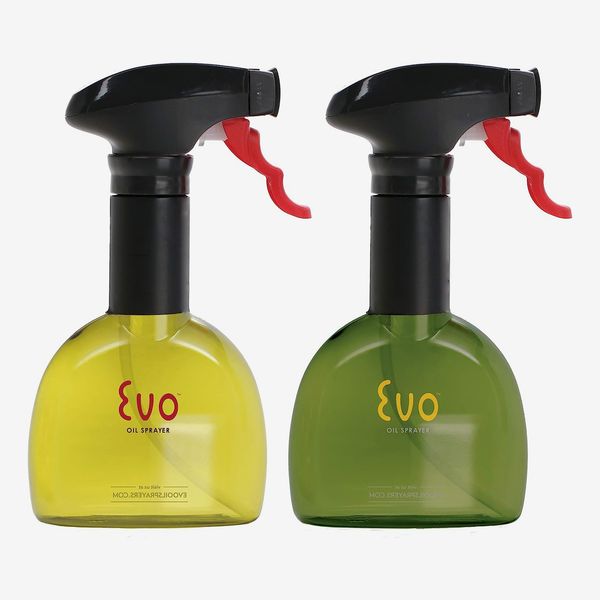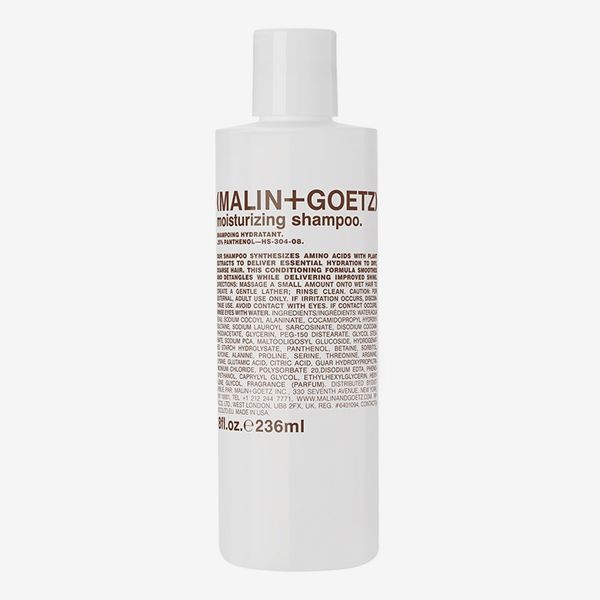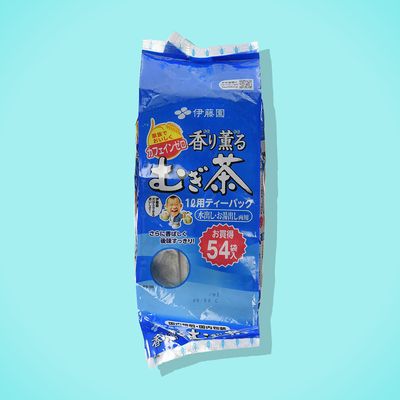
There are two seasons in Ann Nakamura’s (a.k.a. Mom’s) house: hot-tea season and cold-tea season. The hot tea is green tea, most often genmaicha, a mix of Japanese green tea leaves and toasted brown rice. The cold tea is invariably mugicha, or barley tea. Come to think of it, I can’t remember any other sort of iced tea chilling in my mom’s fridge. And I can’t say I ever felt like I was missing out.
Made of roasted barley, mugicha’s flavor is deeply toasty, a little sweet, and a little bitter. Imagine the taste of a coffee-brown crust on a loaf of chewy artisanal bread and you’ll sort of get the idea. You can, of course, drink it hot — which is how they prepare it at Williamsburg’s Okonomi, where it’s served as part of a Japanese breakfast spread. But my mom and I much prefer it cold. Come warm weather, we’ll plonk a mugicha tea bag or two in a pitcher of water and let time and the tea bags do their thing. We usually judge when the tea is ready by color: A deep chestnut typically signifies maximum toasty flavor, which can take a couple hours in the sun or overnight in the fridge. (If you let it sit too long and the tea tastes too strong, it’s easy enough to correct with some ice cubes). A tall, chilled glass is just the thing on a hot day because it quenches thirst much like another grain-based beverage you may be more familiar with: beer. (That’s not to say it tastes like beer — a long sip of iced mugicha just hits the inside of your mouth in the same satisfying way as a swig of beer can.) You could doctor it up however you like — lemon, maybe some sugar or honey — but we never add anything other than ice. Its ease of brewing and consumption is why mugicha has not only been a permanent fixture in my mom’s kitchen, but also her summer-vacation rental kit (which also includes shoyu, a couple bottles of furikake, and a rice cooker for whatever kitchen she temporarily occupies).
Mom is pretty faithful to Ito En’s mugicha, and so am I. It’s inexpensive and easy to find at most Japanese or Asian grocers, as well as online. Each tea bag is supersized, so you really only need one or two to brew an entire pitcher. Mugicha is also caffeine-free, which makes it ideal for late afternoons in the park (or at your desk), as well as for anyone who wants to cut down on caffeine but still wants a deeply flavored black (at least in color) tea. While I don’t need Mom to make it for me anymore — my own fridge is perfectly capable of chilling it — I am crossing my fingers that I can go visit her this summer and, like I always do when I get to her house, make a beeline to her kitchen. There’s something about gulping the tea down with whatever homemade leftovers she has kicking around (sometimes yakisoba, almost always butter mochi) that makes it taste even better.
If you love the sound of it, Amazon has a two-pack with 108 bags.
If you like the sound of it, Amazon sells a single pack with 54 bags for about half the price.
The Strategist is designed to surface the most useful, expert recommendations for things to buy across the vast e-commerce landscape. Some of our latest conquests include the best acne treatments, rolling luggage, pillows for side sleepers, natural anxiety remedies, and bath towels. We update links when possible, but note that deals can expire and all prices are subject to change.
